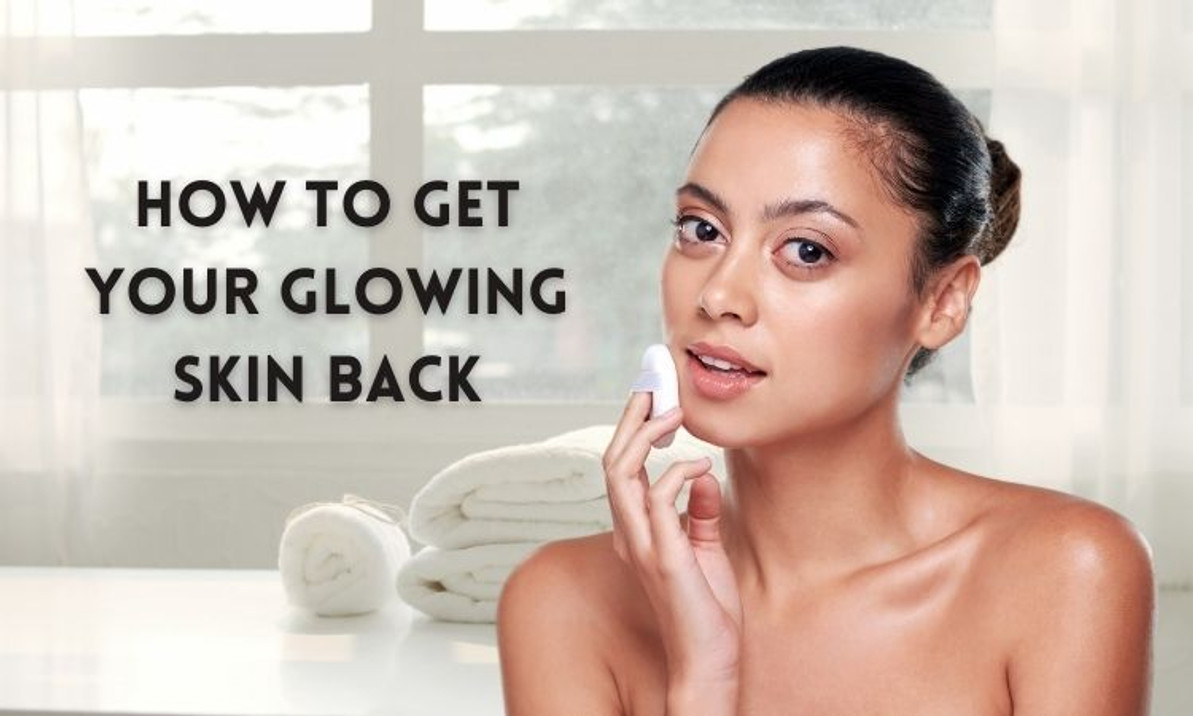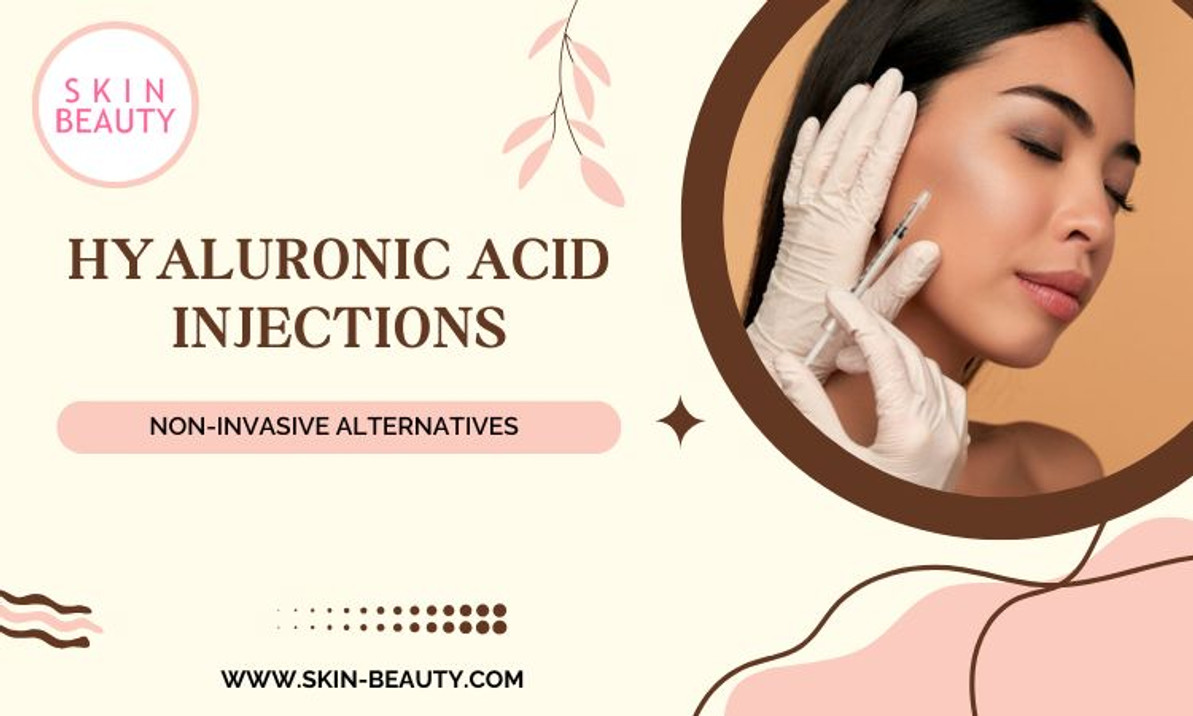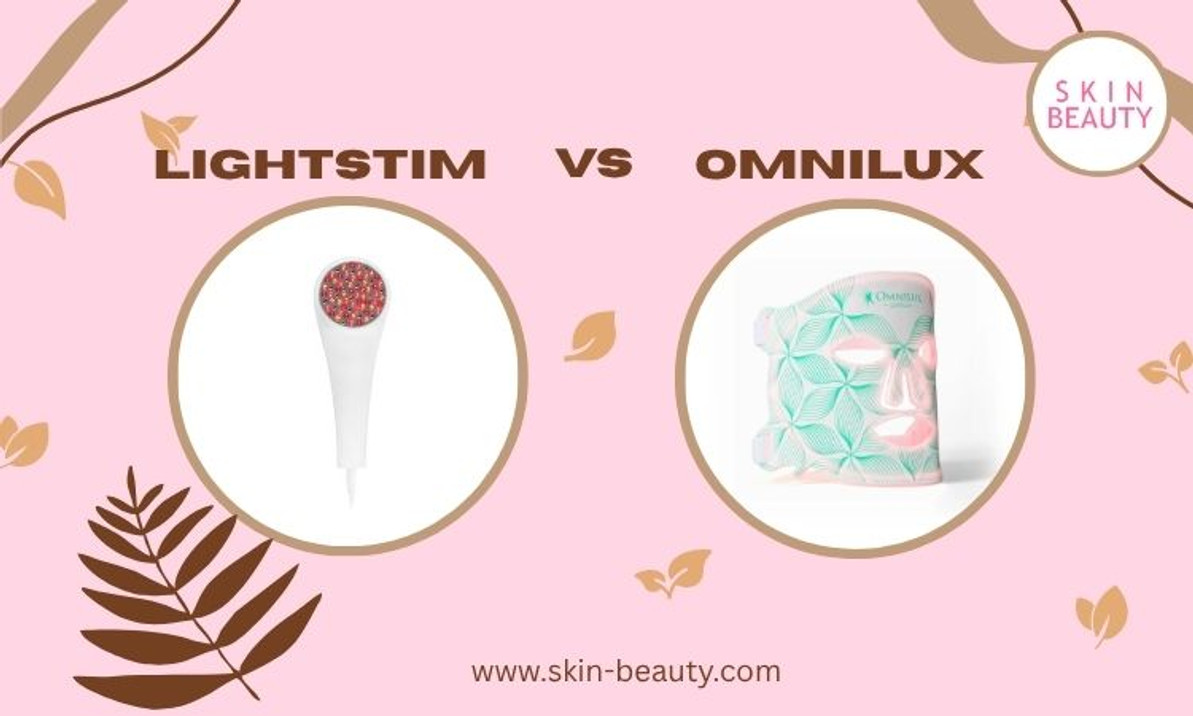How To Get Your Glowing Skin Back
Our skin is our largest organ and the part of us that's most on display. But, unfortunately, that also means the outermost "shield" takes on UV rays and pollution, where a poor diet's tension and impacts may appear first. So if you're looking to revitalize your skin and invite a little glow back or set your skin up for success, there are some tactics to try.
Eat Carotenoid-Rich Food
Foods high in carotenoids help give fruits and vegetables their colors. These antioxidants can affect naturally dark skin complexion and create a tan appearance in lighter-toned skin. So making vegetables the centerpiece of your plate is always a good idea. In addition, favoring the carotenoid-containing foods on this list may give your skin an extra glow boost.
- Winter squash, including butternut squash
- Carrots/carrot juice
- Sweet potato
- Tomatoes
- Pumpkin
- Citrus fruits (grapefruit, oranges, and tangerines)
- Cantaloupe
- Red peppers
- Papaya
Drink Water
How we hydrate our bodies significantly impacts the health of our skin. About 75 percent of the human body is made up of water, making it crucial for functions like electrolyte balance, flushing waste, maintaining joints, transportation of oxygen and nutrients, and digestion. Even the human heartbeat and normal blood pressure require sufficient water intake. So the place where dehydration may show most obviously is the skin. Health authority recommendations vary; most suggest drinking between 6 and 13 glasses of water daily.

Be Safe in the Sun
When the sunlight makes contact with our skin, it triggers the natural production of vitamin D. Still, overexposure and even particular sunscreen and skin treatment ingredients can lead to skin damage. One common mistake is relying on sunscreen for sun protection. Instead, utilize sun-protective clothing and hats and avoid excessive sun exposure during peak season. When you choose sunscreen and treatments, be aware that some have ingredients that may damage your skin when in contact with the sun. For example, avoid topical vitamin A ingredients in your skincare when you're spending time in sunlight. These include vitamin A, retinol, retinyl acetate, linoleate, and palmitate.
Purify
Skin acts as a shield against air pollution, chronic exposure can negatively impact the skin, and it's not just from the outside. Often, pollution levels inside the home are also full of compounds shown to damage the skin. These include polycyclic aromatic hydrocarbons (PAHs), volatile organic compounds (VOCs), oxides, particulate matter, ozone, and cigarette smoke. To help protect your skin (and health), avoid:
- using scented candles
- chemical air freshener sprays and plug-ins
- harsh cleaners
- charring meat while cooking
- perfumes/colognes
- harsh solvents, paints, and stains
- cigarette and e-cigarette smoke

Instead:
- make your non-toxic cleaners
- plant trees, shrubs, grass, and flowers native to your region to cut back on mowing and leaf-blowing pollution
- choose green building supplies free of VOCs
Keep Pillowcases Clean
Silk pillowcases are the best because the material pulls less moisture from your skin overnight compared to cotton or synthetic fiber. However, they can be expensive, so if you aren't in the market for a silk pillowcase, washing your pillowcases once a week can help reduce bacterial buildup that can dampen your skin's glow. In addition, sleeping on your back reduces the sleep "wrinkles," folds, and lines that can, over time, impact the look of your skin.

Avoid Excessive Exfoliation
Even though it may be tempting to scrub off that dry winter skin daily, most experts warn against too much exfoliation. Exfoliate your skin once or twice a week at most if your skin is up for it. Signs you're overdoing it include:
- Red skin
- Breakouts
- Peeling
- Burning
Collagen Building Food
Loss of collagen and reduced elastin can lead to wrinkles as we age. However, the body starts naturally producing less collagen in your 30s, so eating more collagen-containing foods is a good idea. Vitamin C and zinc-containing collagen-boosting foods play a role in the body's collagen manufacturing process.
Including:
- leafy greens
- berries
- citrus
- pumpkin seeds
- bone broth
- eggs
If you want to supplement, consider using vitamin C and zinc to offer healthy immune system support.
Exercise
Getting your heart rate up helps get you in shape and can elicit a glow. Likewise, exercising boosts circulation, carrying more nutrients and oxygen to your skin. It's a two-way street since exercise helps your body clear out waste products like free radicals. Moderate exercise is also great for reducing inflammation, which also helps improve the appearance of the skin. If exercise exacerbates a particular skin issue, avoid excessively overheating your body and lean into more gentle workouts, like walking and yoga.

Keep Caffeine Intake In Check
Caffeine increases cortisol levels in your body, which could trigger sebaceous glands to increase production. As a result, dermatologists suggest limiting coffee to just one or two cups daily if you want to give your skin extra attention. Since many people report improvements in the skin after giving up excess dairy and sugar, consider enjoying your java black.
Commit to a Stress-Free Life
Creating more time for yourself is crucial. A routine that can help balance your nervous system is vital for your skin, well-being, and happiness. For example, consider practicing this breathing exercise to activate your body's "rest and digest" part of the nervous system. Practicing for 3 to 5 minutes on most days can bring significant change.
Recent Posts
-
Hyaluronic Acid Injections
Hyaluronic Acid Injections: What to Know & Non-Invasive Alternatives That Actually Work In the p …Jun 17th 2025 -
Kojic Acid Creams
My Kojic Acid Journey: How One Ingredient Transformed My Skin (And the Best Kojic Acid Creams to Try …Jun 11th 2025 -
LightStim vs. Omnilux
LightStim vs. Omnilux: My Real LED Skincare Results & Which One I Recommend LED light therapy&nb …Jun 3rd 2025




